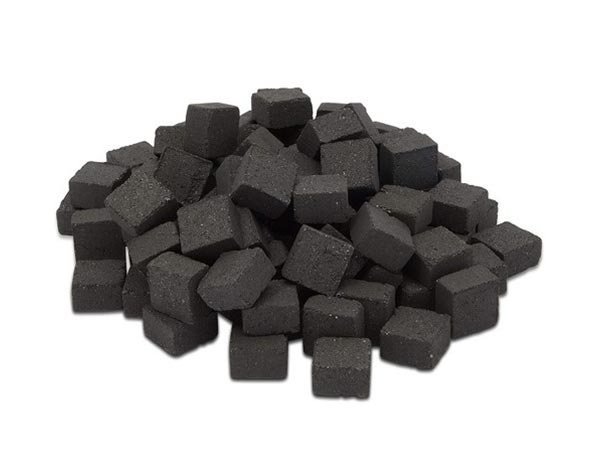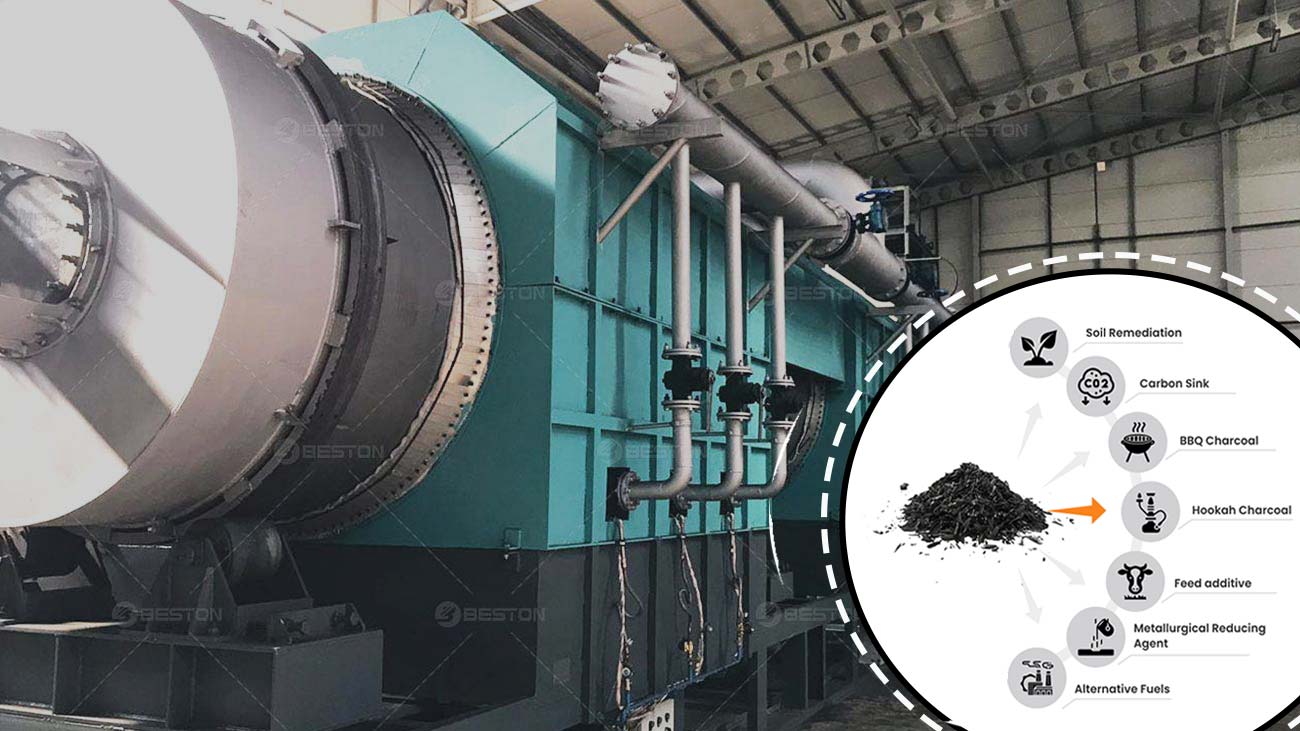The wood charcoal production industry has witnessed significant growth in recent years, driven by factors such as increasing demand for sustainable fuel sources, rising awareness of environmental conservation, and expanding applications beyond traditional cooking and heating. In this article, we delve into the growth rate and outlook for the wood charcoal production industry, examining key trends, challenges, and opportunities shaping its trajectory.
Understanding Wood Charcoal Production
Wood charcoal is produced through the pyrolysis or carbonization of wood, resulting in a carbon-rich material with high energy content. The process involves heating wood in the absence of oxygen, leading to the decomposition of organic matter and the formation of charcoal.
Traditional vs. Industrial Production
Traditionally, charcoal production has been a manual process, often carried out in small-scale kilns or pits. However, industrial-scale production methods – utilizing wood charcoal machine has become increasingly prevalent, utilizing advanced technologies to improve efficiency, yield, and product quality.
Growth Drivers
Several factors have contributed to the growth of the wood charcoal production industry in recent years, including:
Sustainable Fuel Source
Wood charcoal is perceived as a more sustainable alternative to traditional fossil fuels such as coal and oil. As concerns about climate change and air pollution mount, there is growing interest in renewable energy sources, including biomass-derived fuels like wood charcoal.
Rising Demand in Emerging Markets
Emerging economies, particularly in regions such as Asia, Africa, and Latin America, have witnessed a surge in demand for wood charcoal. Rapid urbanization, population growth, and changing consumer preferences have fueled the expansion of the charcoal market in these regions.
Diversification of Applications
The applications of wood charcoal have expanded beyond traditional uses in cooking and heating. It is increasingly being utilized in industries such as metallurgy, agriculture, pharmaceuticals, and cosmetics, driving demand across diverse sectors. Investing in biochar production equipment is really promising.

Challenges and Constraints
Despite its growth prospects, the wood charcoal production industry faces several challenges and constraints that could impede its expansion:
Environmental Concerns
The carbonization of wood for charcoal production can have environmental implications, including deforestation, habitat destruction, and greenhouse gas emissions. Sustainable forest management practices and certification schemes are essential to mitigate these impacts.
Regulatory Frameworks
Regulatory frameworks governing the production, trade, and use of wood charcoal vary widely across countries and regions. Inadequate enforcement of environmental regulations, illegal logging, and lack of transparency in supply chains pose significant challenges to industry stakeholders.
Technological Limitations
While industrial-scale charcoal production technologies have advanced significantly, there is room for further innovation to improve efficiency, reduce emissions, and optimize resource utilization. Research and development efforts focused on cleaner production methods and waste utilization are critical in this regard.
Opportunities for Growth
Despite the challenges, the wood charcoal making machine presents several opportunities for growth and innovation:
Sustainable Practices
Investment in sustainable charcoal production practices, such as agroforestry, reforestation, and carbon sequestration, can enhance the industry’s environmental footprint and ensure long-term viability.
Value-Added Products
Diversification into value-added charcoal products, such as activated carbon, biochar, and charcoal briquettes, can open up new markets and revenue streams for industry players.
Market Expansion
Exploring new markets and applications for wood charcoal, including renewable energy generation, water purification, and industrial processes, can broaden the industry’s reach and customer base.

Outlook for the Future
The wood charcoal production industry is poised for continued growth, driven by increasing demand for renewable energy sources, expanding applications, and evolving consumer preferences. However, addressing environmental concerns, improving regulatory frameworks, and embracing sustainable practices will be essential to ensure the industry’s long-term sustainability and resilience in a rapidly changing global landscape. With strategic investments in technology, innovation, and responsible stewardship of natural resources, the wood carbonization machine can play a vital role in the transition towards a more sustainable and resource-efficient economy.